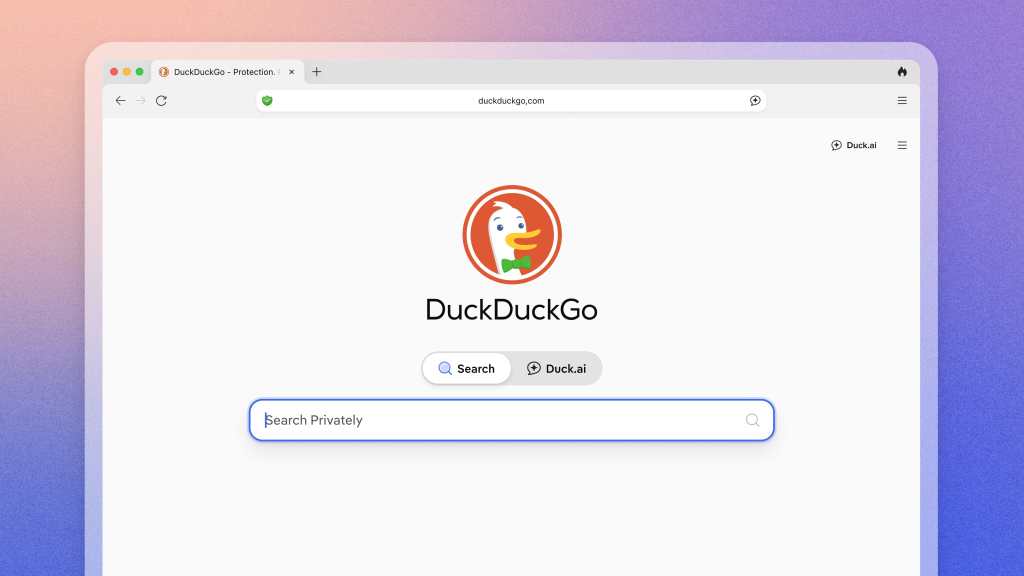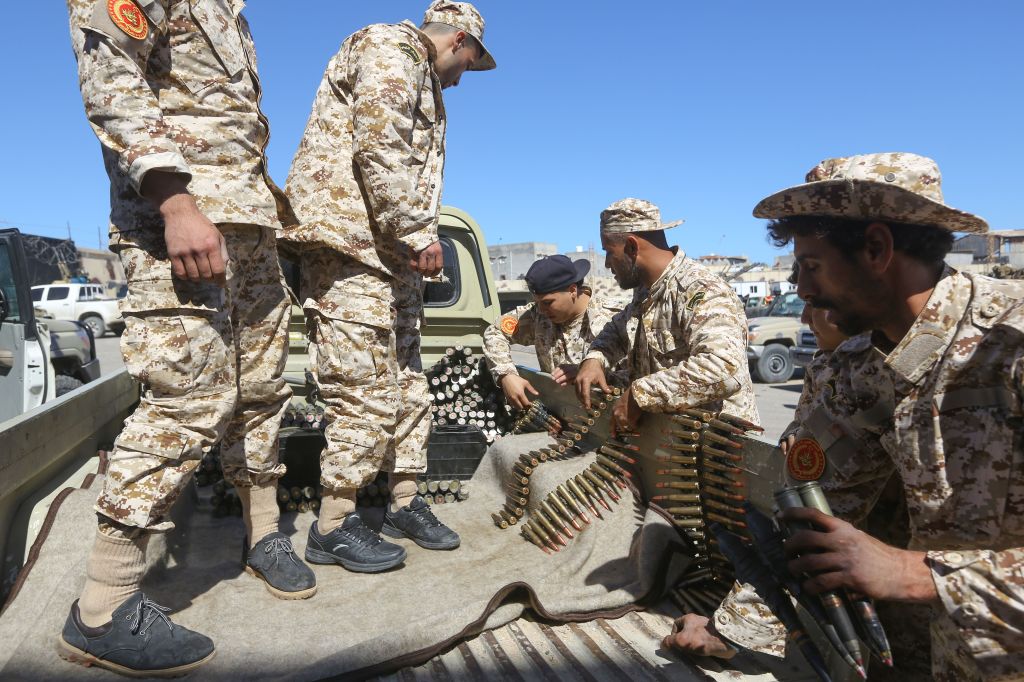The U.N.-backed government in Libya has launched a counteroffensive to win back territory seized by renegade General Khalifa Haftar and his self-styled Libyan National Army in a surprise assault on the capital Tripoli that could drag the country back into civil war.
But despite calls for a truce from the international community, Haftar’s troops are not backing down, and war planes bombed Tripoli’s only operating airport on Monday, forcing authorities to shut it down.
Videos by VICE
The counteroffensive — dubbed “Volcano of Anger” — comes after five days of fighting that saw Haftar’s troops launch a multipronged assault on the west and south of the capital, leaving at least 25 dead and dozens more injured, a move described by Prime Minister Fayez al-Serraj as an attempted coup.
The government action will “purge all Libyan cities of aggressor and illegitimate forces,” Colonel Mohamed Gnounou told reporters Sunday.
The counteroffensive began after the U.S. and others announced the evacuation of troops and personnel over safety concerns as fighting continued on the outskirts of the capital.
“We are deeply concerned about fighting near Tripoli,” Secretary of State Mike Pompeo said Sunday. “There is no military solution to the Libya conflict. This is why the United States continues to press Libyan leaders, together with our international partners, to return to political negotiations.”
The attack comes just a week before U.N.-mediated talks are set to begin in Libya to try to establish a roadmap toward elections, but after meeting with Haftar on Friday, U.N. Secretary-General António Guterres said he was leaving with “a deep concern and a heavy heart.”
The threat of a civil war in the oil-rich country has led to oil prices hitting a five-month high on Monday, with markets expecting lower output from the OPEC member nation.
Who is Khalifa Haftar?
Libya has been wracked by unrest since the overthrow of Col. Muammar Gaddafi in 2011 and the country has been splintered into competing power bases run by numerous militia groups.
In recent years, the groups have coalesced into two factions: one aligned with the U.N.-backed Government of National Accord (GNA), which controls Tripoli; and one aligned with Haftar and his anti-Islamist LNA, which controls large parts of eastern Libya.
Haftar helped Gaddafi gain power in 1969 before having a falling out with the despot and fleeing to the U.S. He returned to Libya after the 2011 uprising and became a rebel commander.
Why has the U.S. pulled out?
“Due to increased unrest in Libya, a contingent of U.S. forces supporting U.S. Africa Command temporarily relocated from the country in response to security conditions on the ground,” U.S. Africa Command said in a statement that didn’t say how many troops were relocated.
India has also removed its contingent of peacekeepers in the country and the U.N. is set to withdraw all nonessential personnel.
The U.N. called for a two-hour truce on Sunday to allow the injured to be evacuated, but it was ignored and emergency workers say they have not been able to access areas where fighting is taking place.
Who’s backing who?
The U.N. Security Council met Sunday but were divided and could not agree on a joint statement. The U.K., backed by the U.S., drafted a statement calling on the LNA to halt military activities.
Russia, however, opposed calling out the LNA specifically and wanted to call on “all parties” to end military action.
Haftar could already count on the support of Egypt and the United Arab Emirates, but he may have a new ally.
An analysis of the social media commentary over the weekend indicates a spike in online support for the Haftar and LNA coming from Saudi Arabia, something experts have not seen before.
“The way that they are talking about Tripoli, LNA and the attack by LNA is very new,” Khadeja Ramali, a social media researcher, told VICE News.
Pro-Haftar hashtags were used by prominent Saudi Twitter accounts with large followings and retweeted by accounts with no followers — actions which Ramali says suggests the campaign was coordinated.
At the end of March, Haftar visited Riyadh to meet with King Salman and received assurances of the Kingdom’s keenness for the security and stability of Libya, according to the foreign ministry.
Ramali’s analysis showed that Saudi Arabia was joined by Egypt and the United Arab Emirates in boosting support for the LNA while Qatar social media accounts were posting anti-LNA messages.
What’s next?
Haftar’s assault on Tripoli comes just over a week before a U.N. peace conference is due to take place in the Libyan city of Ghadames from April 14-16. The talks are designed to get all parties around the negotiating table and attempt to set out a roadmap toward elections.
Some experts believe the LNA’s attack was not designed to capture the capital but rather to send a message to the international community.
“It is a media conflict,” Jason Pack, the founder of Libya Analysis, told Al Jazeera. “Haftar is posturing before the national conference. He’s parading his troops, he’s making a few airstrikes here, trying to control some strategic points but not trying to conquer the city by force as he’d like to have us believe.”
Cover: Fighters from a Misrata armed group loyal to the internationally recognised Libyan Government of National Accord (GNA) prepare their ammunition before heading to the frontline as battles against Forces of Libyan strongman Khalifa Haftar continue on the outskirts of the capital Tripoli on April 8, 2019. (Photo by Mahmud TURKIA / AFP) (Photo credit should read MAHMUD TURKIA/AFP/Getty Images)
More
From VICE
-

Photo: drante / Getty Images -

Photo: dbvirago / Getty Images -

Credit: DuckDuckGo -

Photo: Oleg Breslavtsev / Getty Images
